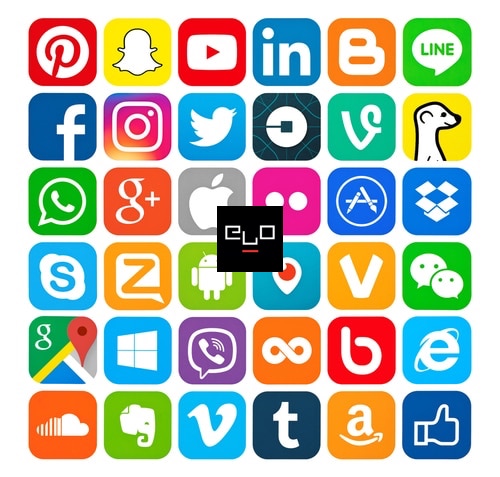The Electronic Literature Organization (ELO) seeks proposals to host the ELO 2022 Conference, Festival, and Media Arts Exhibition (ELO Conference, for short).
Given the progress made with vaccinations and addressing the COVID-19 pandemic the ELO Board of Directors wishes to consider proposals for its 2022 conference and media arts show as a hybrid conference and festival, with live face-to-face and synchronous and asynchronous online elements. We recognize the importance of maintaining the tradition of an event that brings together scholars, artists, and other people interested in digital language arts from around the world, whether they are able to travel or not, and with attention to accessibility and inclusion.
For next year, we wish to consider innovative proposals from individuals or teams from a single or several collaborating institutions that wish to host our conference. We are happy to consider conference proposals from anywhere in the world. We are also open to joint conferences with organizations whose interests overlap with ours, such as ACM Hypertext, SLSA, and others.
Interested parties should contact the ELO President, Leonardo Flores (leo@eliterature.org), for guidance on developing a proposal for the conference. We encourage sending a brief pre-proposal or statement of interest outlining your ideas for the conference no later than May 2, 2021 for feedback and assistance in working towards a full proposal. We will share the ELO Best Practices for Conferences document with those who have expressed interest, and teams interested in hosting the conference will receive support and mentorship from previous chairs. The deadline for complete proposals is May 23, 2021. The Board of Directors will consider proposals and make a decision in its May 30, 2021 meeting.
Conference events, including both physical and virtual spaces, need to follow the guidelines and policies established in the ELO Code of Conduct.
ELO Conference Policies
Future organizers of Electronic Literature Organization events, including the annual ELO Conference and Media Arts Show, will be required to adopt a version of the ELO Community Code of Conduct, appointing an appropriate team to address any reports that emerge from the event’s physical and virtual platforms.
In addition, all ELO events will adopt the following practices to strive towards inclusion and parity.
- Transparency and Inclusivity in Review Processes. The names of all reviewers and/or curators for any event should be publicly available prior to the submission process. Updates to the composition of the review team should be made public as soon as feasible as changes are made. ELO event organizers are responsible for working towards diverse review teams.
- Double-Anonymized Review. Wherever possible, conference submissions should be made anonymous for peer review, and the names of specific reviewers on a work-by-work basis should not be made public during the review process. In the case of artistic work (particularly work that is iterative or previously displayed), full anonymization may not be possible; however, the omission of identifying information should be the goal wherever feasible.
- Clear and Reasonable Deadlines. Deadlines for all stages of event submission should be communicated at least two months prior, with an emphasis on providing clarity and, whenever possible, translations of the call to circulate across the international community. While circumstances may occasionally necessitate closer deadlines, all consideration possible should be given to early communication to enable broader participation.
- Support for and Compliance With the United Nations Universal Declaration of Human Rights. Consideration of the status of any potential host country with regards to support for human rights, as documented by the United Nations, will be taken into consideration when choosing organizations to host ELO events to ensure that all members of the community feel safe and welcome in those locales. All conference organizers commit to upholding those values as annotated above.
- Accessibility and Archiving. The shift to virtual conferencing has enabled the full participation of members of the community left behind by an emphasis on in-person events. Future ELO events should build on the inclusivity and accessibility enabled by virtual conferencing, prioritizing access in both physical and virtual venues, and following principles of universal design wherever possible. Events focused on physical participation should be documented, streamed, or otherwise made available through the ELO’s archival projects.
You can download a PDF of this CFP with this link.


